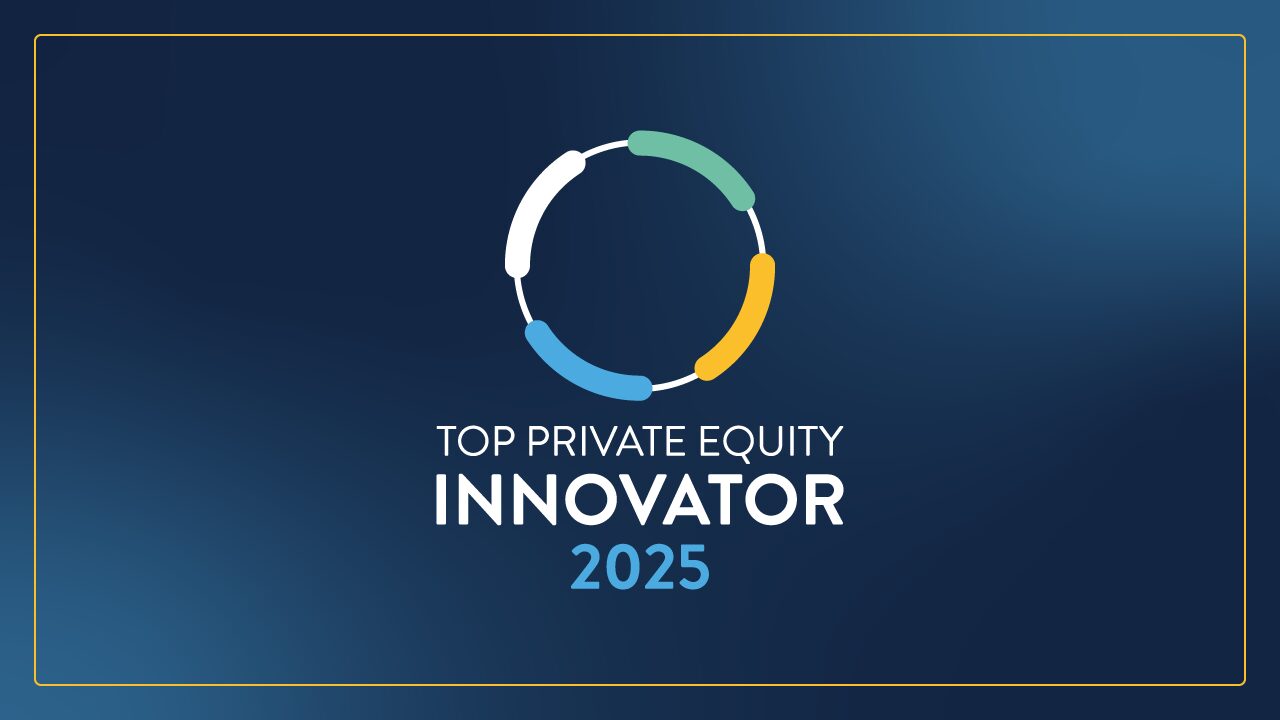The COVID-19 pandemic won’t last forever, and companies need to be thinking about how to best position themselves to not only maintain their operations, but also seize upon opportunities and prepare for an uncertain future. This means they’ll have to be agile, getting the right people with the right skills at the right time.
Our economy is more dependent on expertise than ever before – a fact that’s even clearer amid this crisis. A 2019 study conducted by the Society for Human Resource Management found that 83 percent of hiring managers “had trouble recruiting suitable candidates,” 75 percent of whom attributed this problem to a skills shortage in the workforce.
The recovery from COVID-19 is going to require a lot of innovative thinking, which means contributions from a broad range of experts in many different fields. But expertise is scarce – especially for companies with limited resources. Experts are always in high demand, even more so when companies begin rebuilding after a shock like COVID-19. Companies have little margin for error and they’re taking a hard look at their processes and personnel. That’s why we’ll soon see a spike in the need for on-demand expertise across a wide range of disciplines.
Here are a few strategies for finding experts and making the most of their skills.
Know what you’re looking for.
First, your business needs to take the time to thoughtfully define what it needs. For each role, systematically build scorecards outlining what expertise is required for each initiative. This scorecard should measure functional experience, industry experience, budget, values, and the ability to learn and change. For example, if a food manufacturing company is hiring an interim CFO, a candidate with years of manufacturing experience is not enough. The company should look for a candidate who has worked in the food industry, and who has a track record of successfully managing crises and other fluid situations.
Know where to look.
To find experts like this, you could start by canvassing your personal and professional networks with a specific “ask,” and be specific about your key criteria, timeframe, and budget. These constraints and goals will guide which kind of expert you’re looking for. In some cases, you want someone who can mobilize teams rapidly or manage a fast-moving crisis. In others (some forms of product development, for instance), you want someone who’s more deliberate and meticulous.
Use intelligent networks.
Intelligent expertise networks are only going to become more important in the coming years as the need for on-demand skills jumps, availability becomes scarce, and margins for error decline. Naturally, a firm like BluWave with deep industry relationships, proprietary datasets, and pre-vetted networks of private equity-grade resources is going to yield faster, more optimal results.
Explore the alternative workforce.
According to a 2019 report from Deloitte, companies are leveraging alternative workers to address their expertise needs across a wide array of positions. Traditionally, most companies use the alternative workforce for highly specialized technical needs like I.T. However, the employment of alternative workers is rapidly spreading to other areas like sales, marketing, finance, and operations.
Focus on integrating alternative workers and developing their skills.
Despite the surging demand for alternative workers, only 8 percent of companies report that they have “established processes to manage and develop alternative workforce sources.” The alternative workforce offers access to a growing and sophisticated talent pool, but employers need to develop the resources necessary to successfully draw upon this pool.
Companies need to think of the on-demand alternative workforce just like they think about their full-time workforce. Define what is necessary to perform well in each role. Recruit candidates who have the specific expertise you require. Hold alternative workers and their managers accountable for results. At the end of the contract, both the employer and the alternative worker should evaluate whether a longer term, full-time relationship would be mutually beneficial.
The economy is only becoming more interconnected and complex, which makes expertise vital. That’s why companies have to understand what expertise means to them, where it can be found, and how to use their knowledge and talent as effectively as possible.
A version of this post originally appeared as part of the Forbes Business Council.


